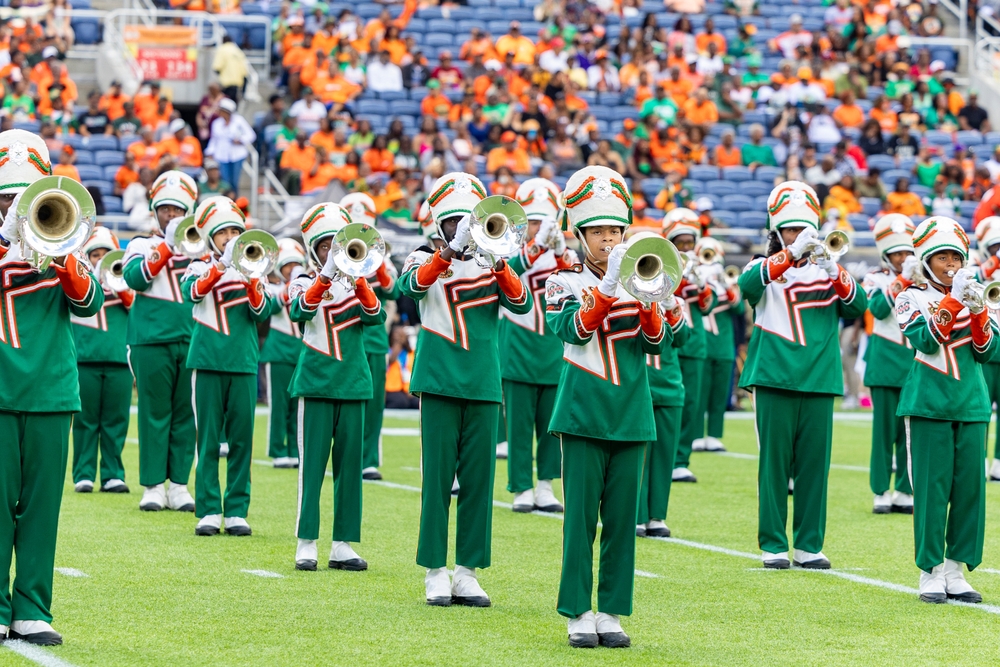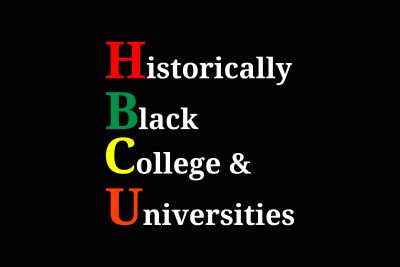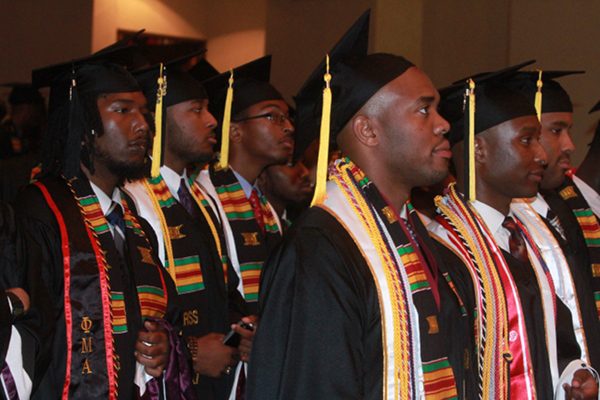A major initiative to protect and digitize irreplaceable historical materials from Historically Black Colleges and Universities has gained momentum as Getty Images and Ancestry.com join forces in a landmark preservation effort. The collaboration aims to create comprehensive digital archives for ten selected HBCUs, rescuing visual artifacts, documents, and institutional records that might otherwise be lost to deterioration or obscurity.
The partnership represents a significant expansion of Getty’s HBCU Grants program and addresses a critical gap in American historical documentation. By digitizing these materials, the initiative will make centuries of Black educational history accessible to researchers, educators, and the public while ensuring these institutions maintain full ownership of their historical narratives.
Lincoln University in Pennsylvania, recognized as the first degree-granting HBCU, has become the initial participant in the program. The university will digitize approximately 700 photographs along with crucial institutional records dating back to its 1854 founding charter, creating a comprehensive digital archive that spans nearly 170 years of educational history.
Experts note the particular significance of these preservation efforts given that traditional historical documentation, including U.S. Census records, has often inadequately recorded Black American experiences. The initiative promises to fill critical gaps in the national historical record while providing valuable resources for genealogical research and academic scholarship.
From photography to comprehensive archives
The Getty HBCU Grants program launched in 2021 with an initial focus limited to photographic preservation. However, program leaders quickly recognized the need for a more comprehensive approach to safeguard the broader range of historical materials held by these institutions.
This expanded vision led to the partnership with Ancestry.com, which brings specialized expertise in digitizing and cataloging historical records. The collaboration now encompasses various artifacts beyond photographs, including administrative documents, student records, correspondence, and other materials that collectively tell the story of these pivotal American educational institutions.
Program administrators have emphasized the untapped potential of these collections for research, licensing, and educational storytelling. The digitization process will make previously inaccessible materials available to scholars and the public, creating new opportunities to understand and appreciate the contributions HBCUs have made to American society.
Lincoln University leads preservation effort
As the first institution participating in the expanded program, Lincoln University brings exceptional historical significance to the initiative. Founded in 1854, it holds the distinction of being the first degree-granting HBCU in the United States, with records spanning the post-Civil War era through the civil rights movement and into the present day.
The university has committed approximately 700 photographs to the initial digitization effort along with institutional records dating back to its founding charter. These materials document generations of students who pursued higher education despite significant social and legal barriers, providing crucial context for understanding African American educational history.
University administrators have framed the preservation work as documenting American history rather than solely Black history. The digitized materials will showcase the achievements of African Americans when provided educational opportunities, offering important counterpoints to incomplete historical narratives about Black educational attainment and professional accomplishment.
Student engagement through archival work
The initiative incorporates an educational component by involving current HBCU students in the preservation process. Participating students receive stipends sponsored by Denny’s to support their contributions to the archival work, providing both financial support and professional development opportunities.
Student participants gain valuable experience in archival techniques including sourcing, dating, and contextualizing historical materials. This hands-on training provides marketable skills while connecting current students with their institutions’ histories, creating intergenerational continuity in preserving these educational legacies.
For many students, the archival work may reveal connections to their own family histories, as multiple generations of families have often attended the same HBCUs. This personal dimension adds emotional resonance to the technical aspects of preservation work while highlighting the community-building function these institutions have served.
Preservation amid political challenges
The expansion of this preservation initiative comes during a period of intense debate about how American history should be taught and remembered. Recent political developments have included challenges to Diversity, Equity, and Inclusion programs at various educational levels, raising concerns about historical erasure.
Some political figures have advocated for limiting educational content that examines complex or challenging aspects of American history, promoting instead what they term “patriotic education.” These proposals have raised alarms among historians concerned about potential censorship of important historical narratives.
Against this backdrop, the Getty and Ancestry.com partnership takes on additional significance as an effort to ensure that authentic, primary-source materials from HBCUs remain accessible regardless of political currents. By digitizing these records, the program creates a durable historical resource that can inform accurate understanding of American educational history beyond political fluctuations.
Ownership and institutional control
A key element of the program design ensures that participating HBCUs retain full copyright ownership of all digitized materials. This provision addresses historical concerns about exploitation of cultural materials and guarantees that institutions maintain control over how their histories are presented and utilized.
The ownership structure allows schools to make informed decisions about public access, licensing, and other uses of their historical materials. This approach recognizes the cultural and financial value these archives represent while respecting institutional autonomy in managing historical resources.
Program leaders have emphasized that this ownership model distinguishes the initiative from other digitization efforts that might separate historical materials from their institutional contexts. By keeping control with the originating institutions, the program aims to preserve not just the content but also the context and significance of these historical records.
Expansion to additional institutions
Following the pilot phase with Lincoln University, the program aims to incorporate nine additional HBCUs into the preservation effort. Program administrators are actively encouraging more institutions to apply for participation as the initiative scales up its operations.
The selection process will consider factors including the historical significance of available materials, their physical condition, and the institutional capacity to support the digitization process. Priority may be given to collections at particular risk of deterioration or those with exceptional historical importance.
Each participating institution will receive technical support, funding, and expertise to ensure their materials are properly preserved according to archival best practices. This support extends beyond the initial digitization process to include ongoing digital preservation and potential integration with existing institutional archives and special collections.
Long-term impact on historical research
Historians and archivists anticipate that this preservation initiative will significantly enhance research possibilities related to African American educational history and broader social developments. By making these materials digitally accessible, the program removes geographical barriers to research while ensuring fragile physical materials remain protected.
The digitized collections will offer resources for scholars studying various aspects of American history, including education policy, civil rights activism, professional development, and community formation. The materials also provide important primary sources for understanding how HBCUs functioned as centers of intellectual and cultural life throughout different historical periods.
For genealogists and family historians, particularly those researching African American family histories, these records may provide crucial documentation otherwise difficult to locate. Student records, photographs, and institutional documents often contain information about individuals who might be poorly documented in other historical sources, making these archives valuable for personal as well as academic research.














